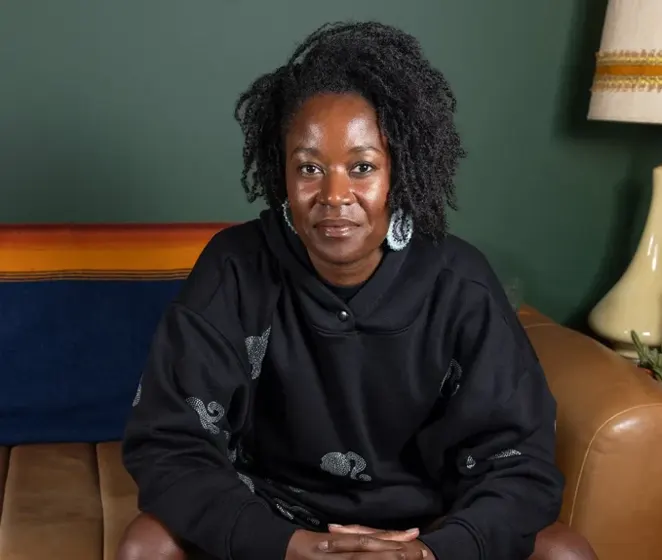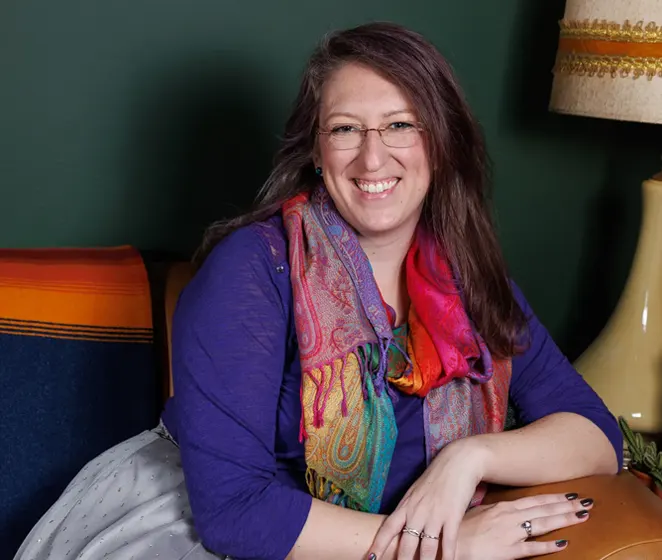by Intentional Spaces Psychotherapy
It’s Monday morning. The backpack is zipped, breakfast is ready, and the clock is ticking. But your child is frozen. They say their stomach hurts, they feel too tired, or they simply refuse to go. Maybe they’re crying. Maybe they’re silent. Maybe you’re already bracing for the meltdown you know is coming.
As a parent, this moment can be heartbreaking. You may feel confused, frustrated, helpless, or even guilty. You might start to wonder: Am I doing something wrong? Are they just being dramatic? Why is this happening again? The truth is, when a child refuses to go to school, it’s rarely about rebellion or laziness. Instead, it’s often a sign that something deeper is going on, emotionally or neurologically. And the sooner we understand what’s happening, the sooner we can begin to support both the child and the parent through it.
What Is School Refusal?
School refusal (also known as school avoidance) is when a child consistently resists attending school due to emotional distress, not a desire to break the rules or skip class for fun. This is different from truancy, where the child might sneak out or lie about going. With school refusal, the distress is visible, intense, and often painful, not only for the child but for the entire family.
Children experiencing school refusal might:
- Beg to stay home or pretend to be sick day after day
- Experience full-on panic attacks, sobbing, or refusal to get dressed
- Withdraw emotionally, saying things like “I can’t do this,” or “I hate school.”
- Show real physical symptoms like nausea, headaches, or chest tightness, rooted in anxiety, not illness
These aren’t “bad behaviors”; they’re often nervous system responses to an environment that feels threatening or overwhelming. When we treat the behavior without addressing the emotional root, we risk reinforcing the cycle.
How to Spot School Refusal
Because school refusal can show up in subtle or disguised ways, it’s important to pay attention to patterns over time. It’s especially common for the signs to emerge at transitional moments, like returning from school breaks, after an illness, or following a stressful life event at home.
Four common signs of school refusal include:
- Somatic symptoms that seem to align with school days, your child may complain of headaches, stomachaches, or dizziness that appear early in the morning and fade once school is removed from the equation.
- Emotional escalations like crying, yelling, or refusing to leave the house. These may be mistaken for tantrums but are often signals of emotional dysregulation or anxiety attacks.
- Sleep disturbances, difficulty falling asleep, nightmares, or waking up anxious, especially on Sunday nights or after weekends.
- Dramatic mood improvement on non-school days, which can seem confusing: how can they be fine on Saturday but be melting down by Monday?
It’s also worth noting that older kids or teens may not cry or panic; they may withdraw, become irritable, or develop shutdown behaviors, such as sleeping late, missing the bus, or avoiding conversations about school altogether.
Why Is This Happening?
This is often the biggest question parents ask: Why now? What’s changed?
School refusal is rarely about just one thing. It’s usually a combination of environmental stress, internal sensitivity, and emotional overwhelm. Many children who refuse school are highly sensitive, empathetic, or perfectionistic. Others may have undiagnosed learning challenges, ADHD, or trauma histories that make the school environment feel emotionally or physically unsafe.
Here are four common roots:
- Anxiety or Social Overwhelm
Classrooms are complex social environments with unspoken rules, power dynamics, and constant feedback. For a child with social anxiety or generalized anxiety, simply walking into a classroom can feel like entering a storm. They might worry about being called on, making a mistake, or not fitting in.
- Bullying or Emotional Unsafety
Even if bullying isn’t physical, exclusion, teasing, or subtle social cruelty can deeply impact a child’s sense of safety. Some children may feel afraid to speak up, especially if they worry that adults won’t believe or protect them.
- Learning or Sensory Differences
Children with ADHD, autism, or sensory sensitivities often struggle with overstimulation in school, fluorescent lights, loud hallways, and constant transitions. If a child also feels misunderstood or criticized for struggling academically, they may begin associating school with shame or failure.
- Separation Anxiety or Recent Life Transitions
If your child recently experienced a loss, divorce, relocation, or even a new sibling, they may fear that something bad will happen if they’re away from home. School avoidance becomes a way to maintain proximity to caregivers and a sense of control.
Sometimes the causes are obvious. Other times, they’re subtle and internal. That’s why therapy is so helpful; it gives space for these stories and feelings to emerge safely, without pressure to perform or “get over it.”
Why Logic and Consequences Often Fall Short
When faced with ongoing school refusal, many well-meaning parents turn to reward charts, consequences, or tough love. After all, structure and consistency are often encouraged when it comes to behavior challenges. But when the core issue is emotional distress, not defiance, these strategies often escalate the conflict or increase the child’s shame.
For example, promising ice cream after school may not be enough to override the intense dread a child feels about walking into the classroom. Taking away privileges may add another layer of stress without helping them understand or manage their feelings. And saying things like “You’re going whether you like it or not” may unintentionally reinforce the belief that their fear doesn’t matter.
This isn’t about being too soft or permissive. It’s about recognizing the role of the nervous system. When a child’s brain registers school as unsafe, even minor stressors can trigger panic. The child isn’t choosing to be difficult; they’re often overwhelmed by real fear or grief, and they don’t yet know how to express.
How Therapy Can Help Children Who Refuse School
Therapy doesn’t offer a quick fix, but it creates a sustainable foundation for emotional healing and growth. It helps kids regulate their feelings, understand their inner world, and develop the resilience to face situations that once felt overwhelming.
Here’s what the therapeutic process can look like:
- Building Emotional Safety
For many kids, therapy is one of the few places where they can say the hard stuff, like “I’m scared all the time” or “I hate school because no one sees me”, without being corrected or dismissed. That kind of attunement is powerful.
- Regulating the Nervous System
Through somatic techniques, breathing exercises, storytelling, or expressive play, therapists help kids develop tools to shift from panic to calm. This can make school-related transitions feel less overwhelming.
- Uncovering the “Why”
Therapy can help identify underlying emotional pain, like fear of failure, grief over a recent loss, or traumatic memories tied to certain school situations. Once these feelings are named and validated, they become less overwhelming.
- Supporting Parents and the Family SystemCaregiver sessions offer space to shift communication patterns, co-create rituals that reduce anxiety, and receive guidance without judgment. Parents are essential allies in a child’s healing, and they deserve support too.
When to Consider Therapy
School refusal isn’t something that “just passes” for most families. Without the right support, patterns can become deeply ingrained, leading to academic gaps, low self-esteem, and strained parent-child relationships.
Consider therapy if:
- Your mornings are filled with conflict, anxiety, or emotional shutdowns
- Your child frequently misses school and shows no improvement with typical interventions
- The stress is impacting your own mental health or parenting confidence
- Your child is losing interest in social life, learning, or their sense of self-worth
It’s not too early to seek help. Even a few sessions can provide valuable insight, hope, and a clear path forward.

Final Thoughts: What If School Refusal Is the Symptom, Not the Problem?
At Intentional Spaces, we see school refusal not as a “bad behavior,” but as a protective strategy, one that worked for a while, but now needs to evolve. The real work is not forcing children back into environments they fear. It’s helping them feel capable and supported enough to reengage with life.
When kids feel seen and safe, they begin to trust again. And from that trust comes courage, resilience, and the ability to move forward, not because they were pushed, but because they were supported.















